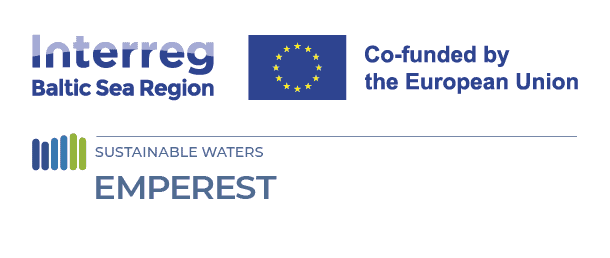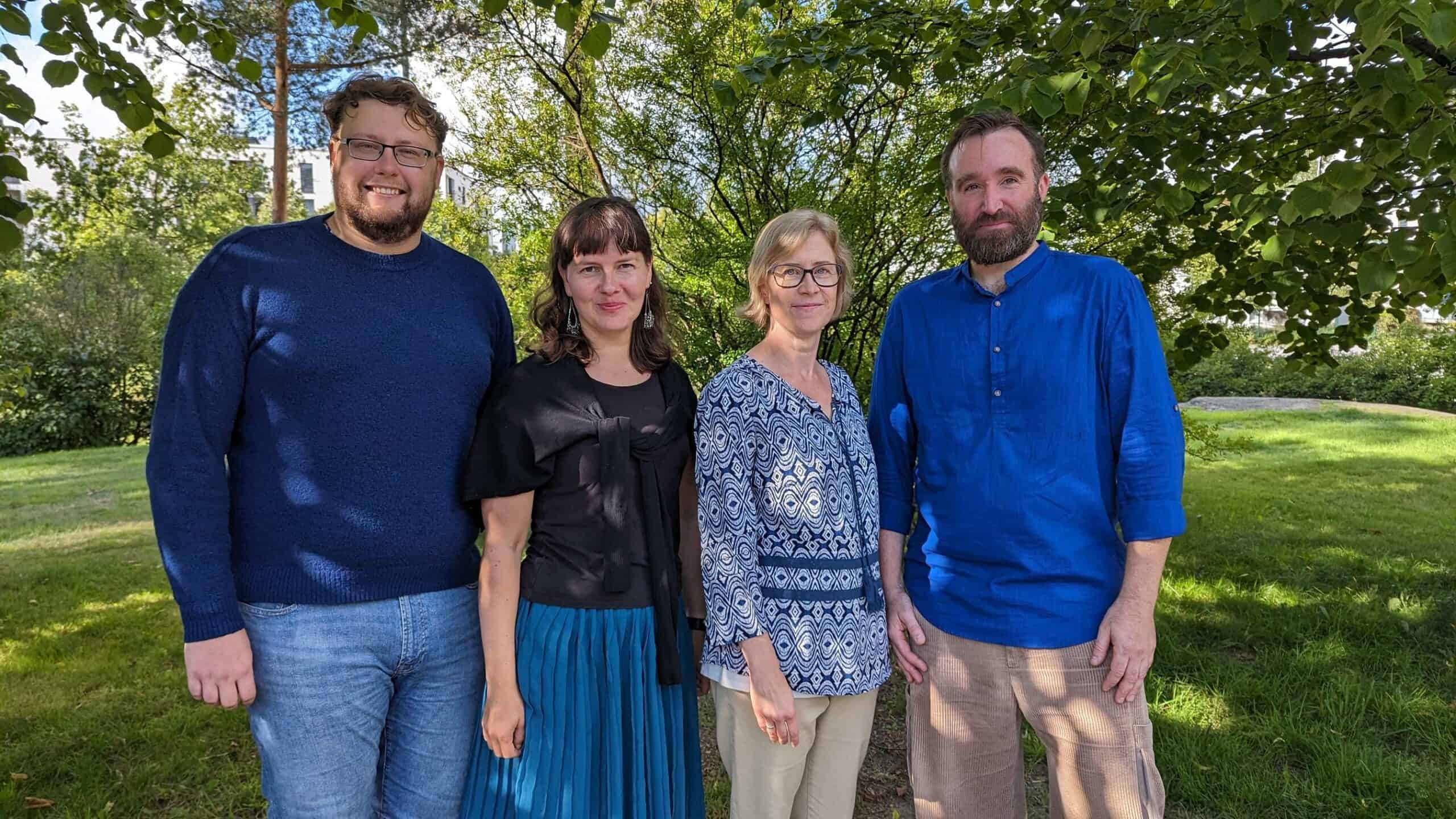
HELCOM assembles experts to harmonize monitoring of PFAS
25 August 2023
HELCOM is the leader of the project activities focusing on the monitoring of per- and polyfluoroalkyl substances (PFAS) in the Baltic Sea region. As there is still a lot of confusion about different PFAS substances, their effects, toxicity and spread; the monitoring and analysis practices between different countries around the region vary greatly. Some Baltic Sea countries have adopted their own PFAS monitoring programs and are updating them regularly based on new knowledge coming to light, while others are looking for updated guidance from the EU. Establishing harmonised guidelines for monitoring and evaluation of these substances is the main aim of the first group of activities in the EMPEREST project. Understanding the scope and sources of the PFAS pollution via good quality long-term monitoring is the key to making meaningful changes and setting up measures to combat the pollution.
In order to complete this challenging task, two key steps were deemed necessary to lay the proper foundation for the work:
– As the task requires a lot of national expert knowledge, establish an external expertise group to help guide the work and make sure the final output would be fit for purpose;
– Start collecting detailed information about the current state of PFAS monitoring in the Baltic Sea, to establish a good baseline on the practises already in effect and make sure the final recommendations are catered to reality, using materials, methods and motivations already in place today.
Task force assemble!
To solve the first task of getting more specialists involved, the EMPEREST project needed to increase its visibility among important stakeholders and experts working on the topic of hazardous substances, monitoring or PFAS specifically. Presentations of the EMPEREST project and invitations to join the “PFAS monitoring task force” were extended both through HELCOM Expert Group on hazardous substances (EG HAZ) and the Baltic Sea PFAS Network Coffee Session (spiritual successor of the Swedish Institute funded PFAS Baltic Leadership Programme). Collaboration was established with other projects as well, such as ZeroPFAS II and BEACON, to further make use of the expertise involved.
The sign-up for the task force was open from April to mid-May and resulted in a total of 12 external experts signing up, willing to meet with us every couple of months to help steer the work done to harmonise the regional PFAS monitoring. The first online meeting for the task force took place on the 13th of June 2023. Similar meetings will continue to be held throughout the project, with the next smaller one planned for the beginning of October.
Launching a data call
With the larger involvement of external experts successfully established, it was also important to make sure the second key step – availability of detailed information about current PFAS monitoring to be used as fuel in the work with experts – would be successfully completed. As HELCOM is the central intergovernmental organisation coordinating environmental work in the Baltic Sea region, the pre-existing framework was used to facilitate data collection.
EMPEREST was presented to the representatives of HELCOM contracting parties during an informal consultation of the Working Group on Source to sea management of nutrients and hazardous substances and sustainable agricultural practices (WG Source to sea) in Spring 2023. As a result of that, the permission was gained to send out a data call through HELCOM framework to gather the official information and data about PFAS monitoring in different aquatic matrices from the national authorities. The specific details of the data call were also discussed within the monitoring task force during the 13th of June meeting and the data call was successfully launched on the 19th of June with a deadline of 30th of September 2023.
With these two important steps set up in the first half a year of the EMPEREST project, we are expecting a lot of work involving these fruits of our labour in the future! The task force and the data from the call are also planned to be brought together at a physical meeting in Helsinki at the end of November and used to assemble the preliminary version of output 2.1 “Methodological recommendations for monitoring and assessment of PFAS in the aquatic environment”. We will keep you posted on our progress in the future and hope that you’ll also contribute to our work in the future!
Written by: Markus Raudkivi, HELCOM – Baltic Marine Environment Protection Commission






